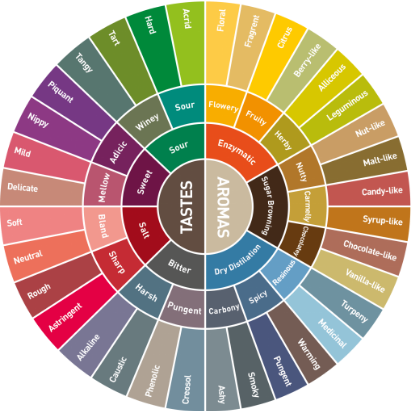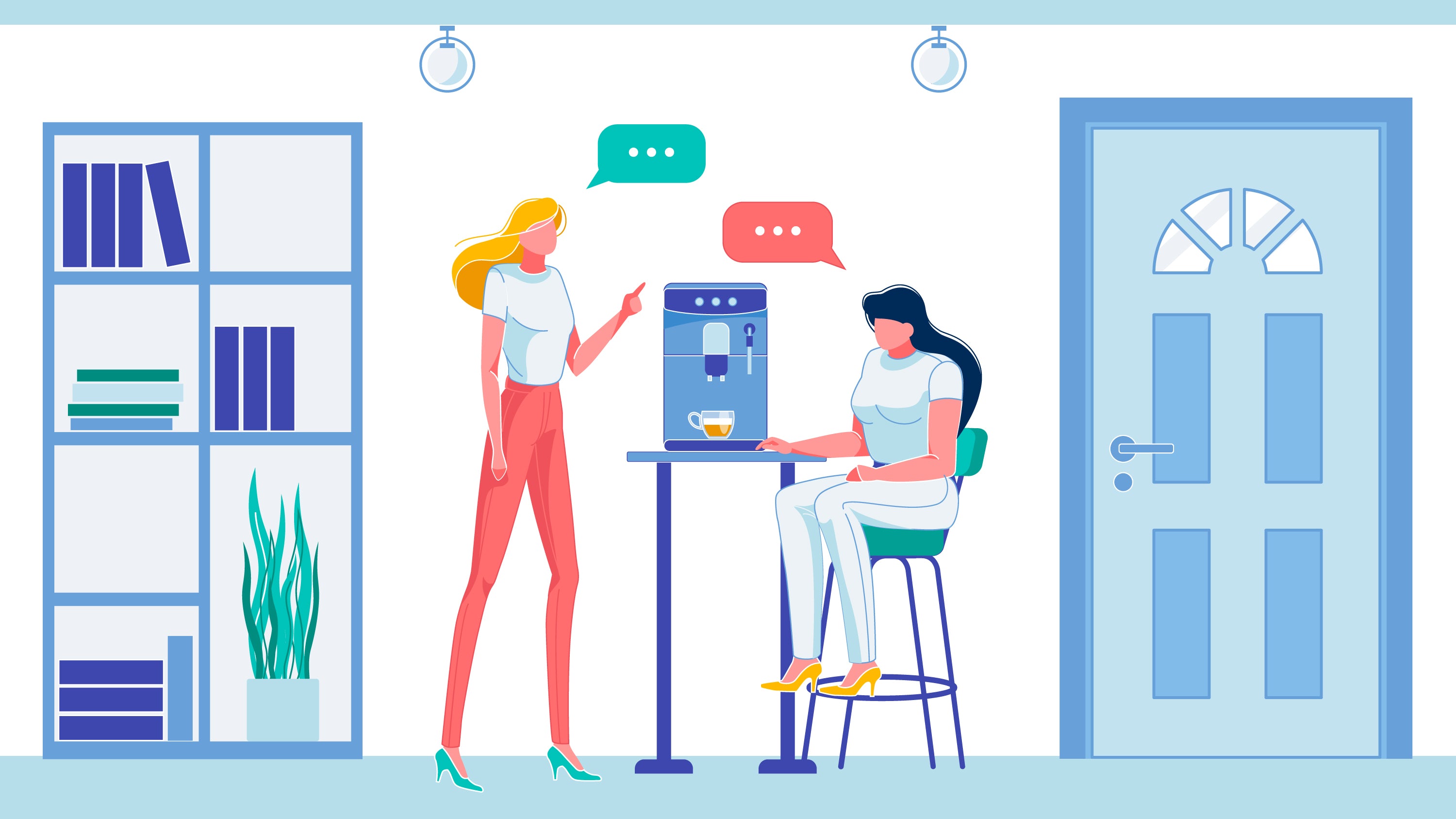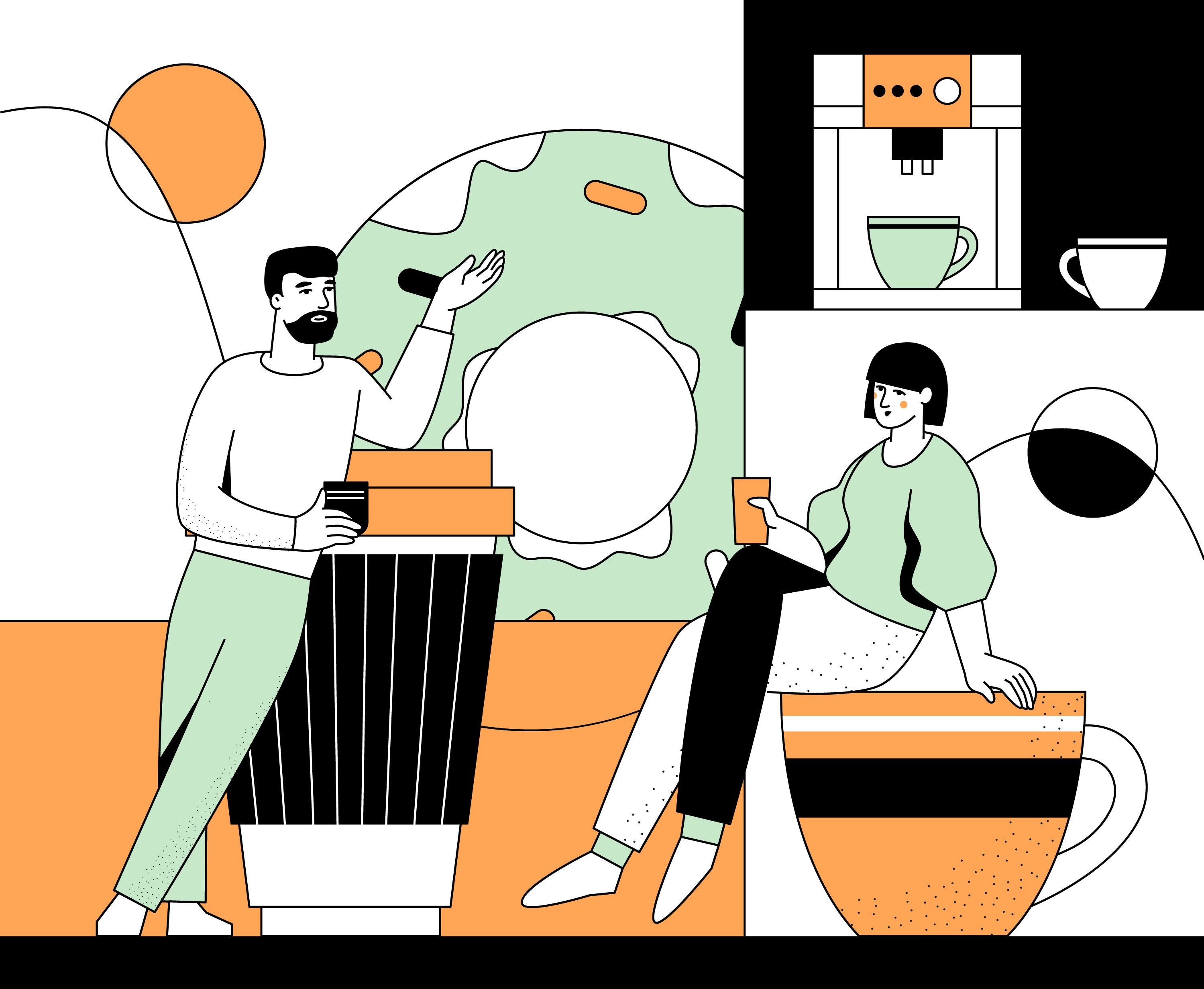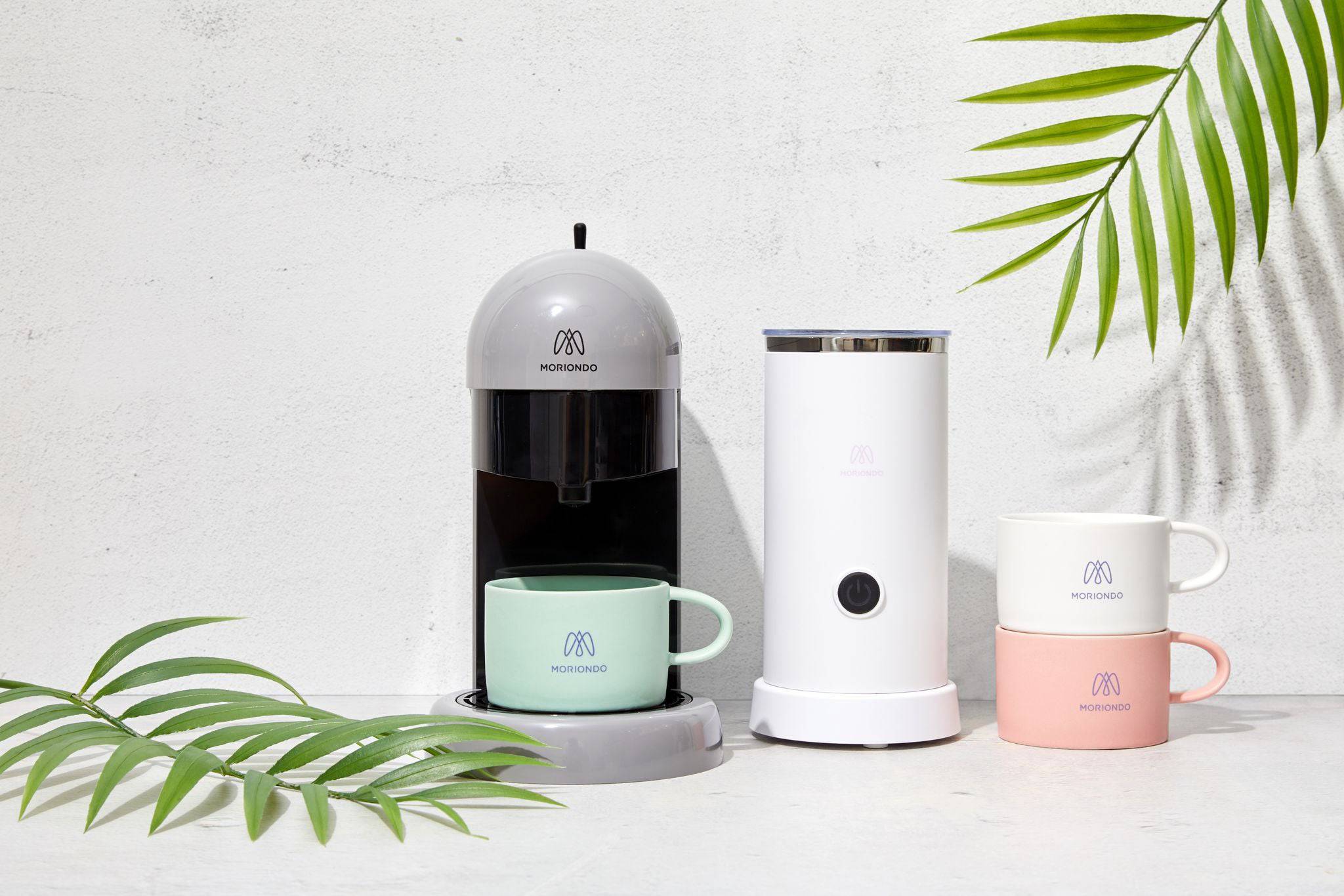What Does Caffeine Do To Your Brain?
Table of Contents
Whether you sip the globally renowned beverage to get your morning started or to stay awake late into the night, coffee is in constant demand.
As the world's most beloved psychoactive drug, American caffeine consumption, in particular, exceeds over 400 million cups of joe per day.
This averages to about 3 cups per person, delivering close to 300mg of caffeine consumption prior to even considering the menu for lunch.
Furthermore, the growing ritual of energy drinks containing even more caffeine consumption brings the average daily dosage to 500mg. People are addicted in a big way.
The question becomes, what does all of this caffeine consumption do to our brains?
According to recent research, coffee habits have an equal balance of pros and cons in terms of overall health as well as the brain.
However, at a fundamental level, caffeine consumption is doing many interesting things shortly after passing through our mental gates, even in healthy subjects.
This article lists a breakdown of several key effects.
1. Adenosine

Caffeine consumption does a scarily good job of behaving similarly to a biochemical known as adenosine.
This neuromodulator offers several key functions, primarily the regulation of blood flow as well as counterbalancing excitatory chemicals to keep us in line.
The nervous system monitors your adenosine levels throughout the day and produces this as necessary.
As adenosine makes its way through the mind and body, the tab is increased until you go to sleep.
What makes caffeine consumption so extraordinary is its ability to mimic the size and shape of adenosine by entering the receptors without activation.
This then creates a blockage and leads to a subsequent boom effect.
2. Dopamine and Glutamate

When adenosine receptors are halted, and central nervous system stimulant trackers are disrupted, certain interesting events occur.
Several chemicals appear, including glutamate and dopamine, powerful neurotransmitters which become unchained to excite and stimulate.
Additional effects include the production of serotonin and adrenaline, creating the euphoria you expect approximately 30 minutes after your favorite cup of espresso.
Therefore, caffeine consumption blocks the regulation of the chemicals that deliver massive boosts of energy to the central nervous system stimulant.
Many coffee drinkers wish this effect on the brain and nervous system would go on without end.
Of course, like the childhood sugar rush from eating candy, it does not.
More of coffee drinkers favorite drug is necessary to maintain the jolt as our tolerance develops. That's why people regularly drink coffee.
3. Entropy

Researchers examined a long-term effect on the brain from the caffeine intake of coffee drinkers, known as brain entropy.
Studies have proven that as a psycho-stimulant, the effects of caffeine foster expedited information processing, which causes the networks to connect with more efficiency in a process dubbed entropy.
These events occur even when the brain is not actively engaged.
Furthermore, researchers observed that daily caffeine intake when you drink coffee is able to increase the complexity and irregularity of resting brain activity.
As such, the high octane provides ongoing energy flow to thought processing beyond the immediate effects.
While this can potentially underlie outcomes discovered in previous research, the long-term benefits and effects of caffeine intake remain the same.
These include improved cognitive performance, verbal memory, and shielding from decline.
An association between higher reasoning and brain entropy was also found with caffeine and soft drinks.
4. Insulin

Given that most people desire to drink some variation of flavored coffee, the addition of sugar and milk as ingredients to the daily cup of joe is inevitable.
By definition, insulin is a hormone that your pancreas produces, designed to regulate the metabolism of sugars through glucose absorption.
When insulin levels exceed certain thresholds, the creation and release of glucose become inhibited.
Conversely, when they are too low, they force your body to consume reserves of fat for energy.
Insulin enters the brain via specific transporters that proceed past the blood-brain barrier, reaching key regions, including the frontal cortices, hypothalamus, hippocampus, striatum, amygdala, pons, and cerebellum.
Unfortunately, when sugar is consumed in excess with caffeine intake, whether from coffee or some other source such as energy drinks, insulin levels in the blood spike up.
While this offers temporary energy boosts, it tends to cause a crash later on, making you feel exhausted.
Other effects

Due to the fact that caffeine absorbs so well in the body, people begin to experience the short-term effects in brain networks typically no later than 30 minutes after consumption.
Outside of basic nutritional value and increased mental alertness, other effects of caffeine include increased heart rate, blood pressure, breathing, and participants sleep quality.
Depending on the person's body, the effects can last up to half a day.
Still, you need to be aware of the negative symptoms that can arise when consuming too much caffeine. Some of the most common examples include:
-
Elevated body temperature
-
More frequent bathroom trips
-
Dehydration
-
Headaches
-
Dizziness
-
Palpitations (rapid heartbeat)
-
Restlessness
-
Irritability and anxiety
-
Trembling hands
-
Insulin crash leading to a feeling of exhaustion
-
Caffeine withdrawal
Dependency and withdrawal
The worst part of the effect on the brain is the natural dependency that develops with too much caffeine.
If you were to cease intake suddenly, you could develop unpleasant caffeine withdrawal symptoms.
Like any other stimulant, you can build up a caffeine dependence.
Having higher tolerance from regular caffeine intake means your body is far more accustomed to the effects, demanding additional servings to achieve the original results.
Consequently, you consistently end up consuming too much caffeine.

As a result of regular caffeine intake, many people become physically and psychologically dependent on their coffee to function properly. Some of the most common symptoms that arise from withdrawal include the following:
-
Anxiety
-
Crankiness
-
Fatigue
-
Muscle pain
-
Persistent headache
-
Sweating
Withdrawal symptoms in cell bodies may begin as little as 12 hours after how much caffeine, lasting for as long as a week.
One of the best strategies to eliminate one's dependence on caffeine's effects on nerve cells is to reduce the daily serving you consume slowly.
This provides your nervous system with the necessary cushion time to adapt to life without caffeine.
Blood pressure
Caffeine increases, especially from soft drinks, deliver a massive energy boost.
This comes at the cost of your blood pressure and nerve cells as an increased risk. In fact, high blood pressure is a common reality for those who consume more caffeine.
A reputable research team in a sleep laboratory investigated primarily on test subjects who had received caffeine in a psychiatric hospital spanning multiple ages in the same period.
Gray matter
There is a significant difference in brain scans for those who consume caffeine when it comes to gray matter in the journal Cerebral Cortex.
Gray matter refers to the concentration of cell bodies in brain morphology and memory consolidation.
In the brain scans examination from a morning cup of coffee, the subjects gray matter reduced in comparison to those who took placebo capsules for lower risk, resulting in a long-term cognitive decline for the right medial temporal lobe among other neural pathways like the cerebral cortex.
Special cases
There are certain groups of people falling under specific demographics that need to be especially mindful of the significant health effects of caffeine intake as an active ingredient. These include:
Children

Believe it or not, there are currently no nutritional guidelines designed to regulate children's caffeine intake.
Parents should moderate daily caffeine consumption when their kids demonstrate even the smallest hints of sleep deprivation, upset stomach, or general irritability.
This means going beyond coffee and watching out for the way other caffeine acts for soft drinks, energy drinks, and chocolate.
Pregnant women

Pregnant women should not consume more than 200mg of caffeinated coffee per day.
In fact, it's better if they have little or no caffeine.
Having excess caffeine appears to increase the probability of a miscarriage or a child with low weight.
Athletes

According to the World Anti-Doping Prohibited List, caffeine capsules are not banned. Athletes do not have to practice coffee abstinence or caffeine abstinence.
Instead, they are classified under Group A, which means that it is a substance that can be used in specific situations and permitted under best practice protocols.
How much caffeine they should consume is another topic of discussion.
Good Tasting Coffee: How to Identify Coffee Flavors

In order to appreciate the different types of coffee available, it's important to cultivate an awareness of its unique characteristics. Let's take a look at the way coffee connoisseurs judge different cups of coffee.

Aroma
The scent of a cup of coffee has a direct influence on how we perceive its flavor. As you drink coffee try to notice if the scent is smoky, fruity, earthy, spicy, nutty or grassy.
Acidity
One of the most defining characteristics of a cup of coffee is its acidity. This is the sharp, bright tangy quality of coffee that perks up our senses. Coffee doesn’t necessarily contain just one type of acid, either. It may contain citric acid, malic acid (fruity in flavor) or even quinic acid from stale coffee, which gives us stomach aches.
Body
This is the weight, thickness and texture of coffee in your mouth. The body of different types of coffee falls on a spectrum of light- to full-bodied viscosity (thin to thick).
Flavor
This is where comparisons come in handy and there is some overlap between aroma and flavor. Your coffee might taste bitter, sweet, savory or sour with common comparisons to chocolate, wine or fruit.
Related Posts
















